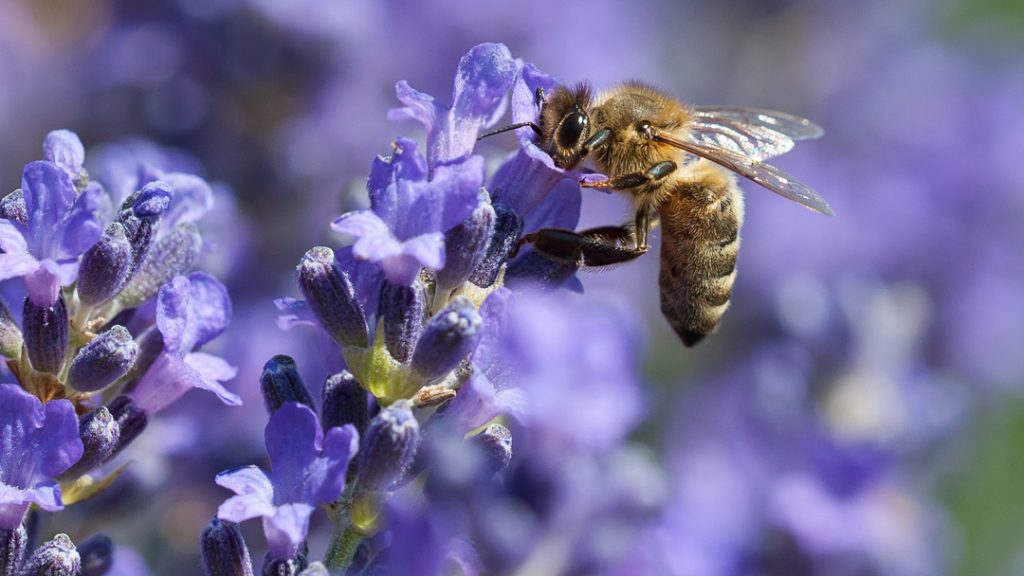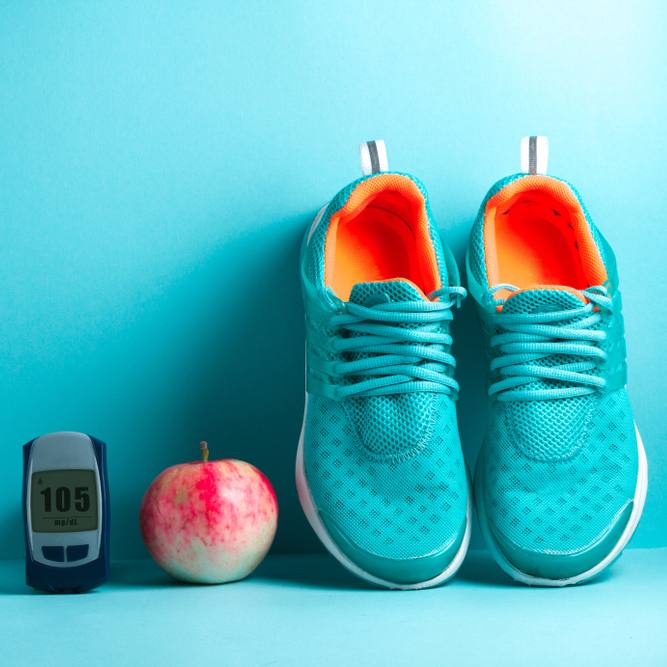
You may not be aware of an allergy until you're stung.
Summer's the season for gardening, playing outside, backyard picnics and just enjoying the outdoors. It's also the season of bee and other insect stings. According to the American College of Allergy, Asthma & Immunology, about 5% of the population is allergic to insect stings. But most people aren't aware of their allergy until they're stung.
Reactions to insect stings (wasps, bees, hornets) range in severity from minor to potentially fatal. In most cases, bee and other stings are only annoying, causing a brief, sharp pain along with slight swelling and redness. Home treatment is all that's necessary to ease the pain. But if you're allergic or get stung numerous times, a more severe reaction (anaphylaxis) may require emergency attention.
Here's what happens when you're stung and have an allergic reaction: Your immune system produces immunoglobulin E, which reacts to the venom injected by the insect. This triggers your body's release of histamine and other chemicals that can cause severe responses, such as:
- Itching and hives throughout the body
- Swelling of the throat and tongue
- Difficulty breathing
- Dizziness and nausea
- Stomach cramps and diarrhea
- Rapid fall in blood pressure, resulting in shock and, possibly, loss of consciousness
Treating stings
After any sting, remove the stinger as soon as you can. It takes only seconds for the venom to enter your body. Use your fingernails or a tweezers. Then wash the sting area with soap and water.
If you notice a minor to moderate reaction, such as redness, warmth or swelling around the sting, apply a cold compress and take an over-the-counter oral antihistamine. You may want to apply hydrocortisone cream or calamine lotion to ease any symptoms.
If you have a more serious reaction to single or multiple bee stings, even if it's just one or two of the serious symptoms listed above, call 911.
Preventing stings
The following tips can reduce your risk of getting stung by bees, hornets and wasps:
- Take care when drinking sweet beverages outside. Wide, open cups may be your best option because you can see if a bee is in them. Inspect cans and straws before drinking from them.
- Tightly cover food containers and trash cans.
- Clear away garbage, fallen fruit, and dog or other animal feces, which can draw flies and flies can attract wasps.
- Wear closed-toe shoes when walking outside.
- Avoid wearing bright colors or floral prints, which can attract bees.
- Don't wear loose clothing, which can trap stinging insects between the cloth and your skin.
- When driving, keep your windows rolled up.
- Be careful when mowing the lawn or trimming vegetation, activities that might disturb a beehive or wasp nest.
- Have hives and nests near your home removed by a professional.
- If a few bees are flying around you, stay calm and slowly walk away. Swatting at an insect may cause it to sting.
- If you are stung or many insects start to fly around, cover your mouth and nose and quickly leave the area. If you can, get into a building or closed vehicle. When a bee stings, it releases a chemical that attracts other bees.
If you've experienced an allergic reaction to a bee, wasp or hornet sting, you should talk with your health care provider or an allergy specialist about prevention and treatment options. This could include being prescribed an emergency medication, such as an epinephrine auto-injector, to use if stung. In more severe cases, allergy shots may be a long-term solution for you.
Denise Dupras, M.D., Ph.D., is an Internal Medicine physician in Mayo Clinic Primary Care in Rochester and Mayo Family Clinic Kasson, Minnesota







